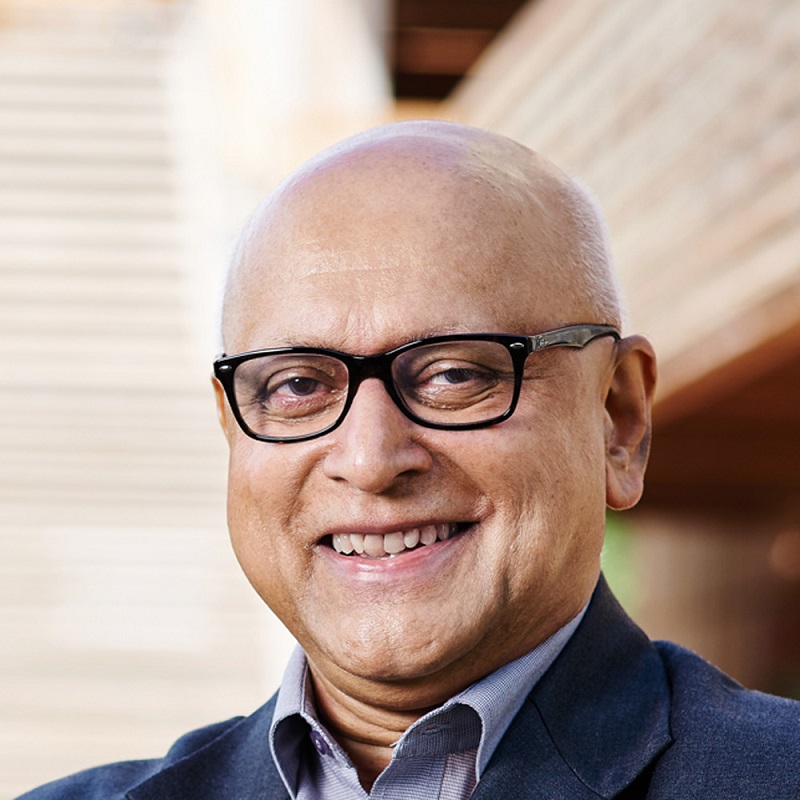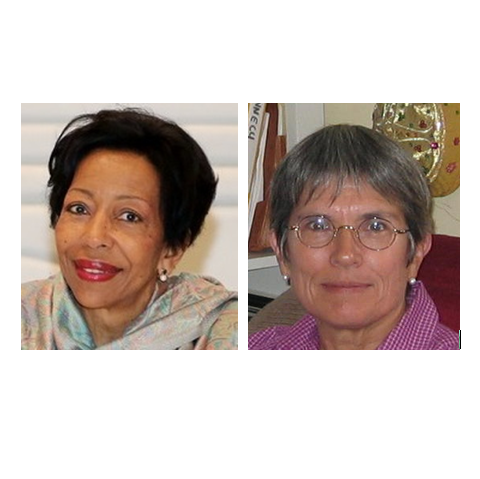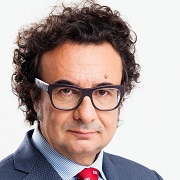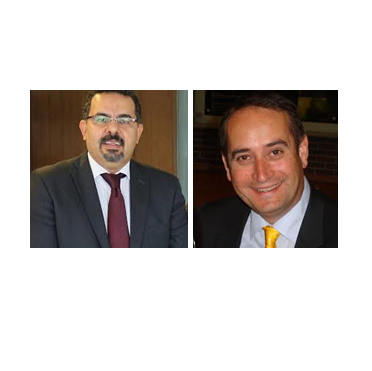Stimulating creativity and innovation: the impact of design thinking on idea management
“Innovation” is what business, finance and market analysts crave as it represents the hope of finding the key to solve their future problems. But there is no magic formula to predict if what is coming next will be the next big thing. However today, any kind of business and organization can benefit from the designers’ way of thinking and working which leads to transformation, evolution and innovation, to new forms of living and to new ways of managing business. What are the principles behind the thinking process of conceiving new realities, expressing the introduction of design culture and its methods into fields such as business innovation? The Innovation Movement as it is postulated and practiced today has both a bright and a dark side that will be explored during the session. The webinar will look at breaking it down to reveal the most useful aspects of its DNA and whether it will work for your vision, your groups, your business and your goals.

Relator: Mr. David Moore
Industrial Designer, Visionary, Instructor, Stanford’s Design Program & Managing Director, Zero Nine Design, United States of AmericaFor 15 years San Francisco based Zero Nine Design has been carving out a reputation as one of the most innovative and forward thinking design groups. A unique approach to exploring alternative business models and a commitment to creative thinking has led to work with some of the most creative businesses and institutions across a multitude of disciplines. Zero Nine is both a design consultancy and visionary incubator designing “what comes after what’s coming next”. David got his first design degree in San Francisco in Corporate Identity then working for J. Walter Thompson, Addison S&O and CBS Retail. Drawn to the deeper development process of product design he earned his BS in Industrial Design from the prestigious Art Center College of Design in 1993. David is a guest instructor at Stanford’s Design Program, speaks at corporations and conferences on Creative Leadership as well as UC Berkeley and San Francisco State University’s MBA program. He also designs, writes and publishes WHEN Magazine, a cultural look at “what’s coming after what’s coming next”.









